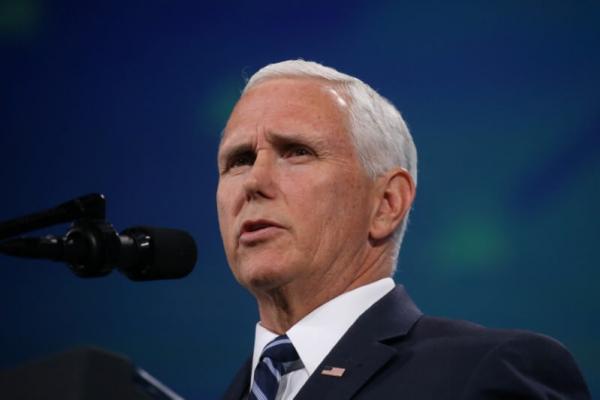May 15, 2019
Pence clearly scratched an itch for the crowd that gave him a standing ovation and loud chants of “U-S-A” after he was introduced. His words were also a familiar refrain in the white evangelical community. According to a 2017 study by the Public Religion Research Institute, white evangelical Protestants were the only religious group more likely to believe Christians face discrimination compared to Muslims.
Read the Full Article

Already a subscriber? Login
